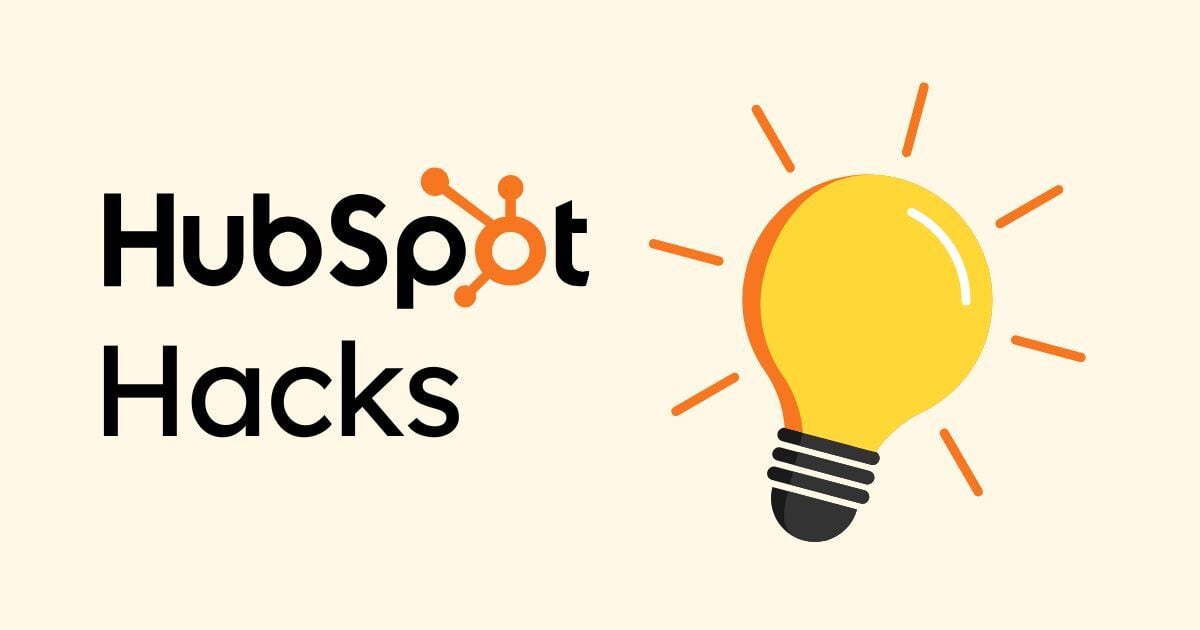
New CCPA Data Privacy Law Goes into Effect January 1

Will your business be affected by the CCPA?
Being in compliance and protecting customer data and privacy is a fundamental and essential requirement of running a business. In 2018, we saw the introduction of the General Data Protection Regulation (GDPR). In January 2020, a similar new data privacy law known as the California Consumer Privacy Act (CCPA) will come into effect.
The California Consumer Privacy Act (CCPA) establishes and enhances consumer privacy rights for California residents and imposes rules on businesses that handle their personal information. The CCPA is the most extensive consumer privacy legislation passed in the United States to date. It goes into effect on January 1, 2020, and the California Attorney General is expected to issue regulations clarifying certain provisions of the CCPA before then.
Although the law continues to be amended by the California legislature, there are some things you should be aware of if you conduct business in California. If you’ve worked on complying with the GDPR, you’re in good shape to meet some of the CCPA requirements. Otherwise, it’s time to prepare.
>> Read more to determine how your business is affected and to help prepare you for the CCPA.
What the CCPA Means for Marketers
If the CCPA applies to your business, this means whenever you collect your consumers’ personal information — whether it be for a social media campaign, email survey, or something else — you’ll need to disclose what information you’re collecting, and how you’ll be using your consumers’ personal information.
Additionally, you need to give your consumers the right to opt-out of having their information sold to third-parties, and you need to let consumers view and delete the information you’ve collected about them.
>> If you’re a marketer who’s unsure how to prepare for the CCPA, read more on the HubSpot Blog.
Contact Gate 39 Media with questions about updating your website for compliance.
—
You may also be interested in:
Editor’s Picks
If you've been living inside HubSpot like we have, you know the true magic is in the small, hidden tricks—those little shortcuts that save hours and...


Connect with us to discover how we can help your business grow.
.jpg)
